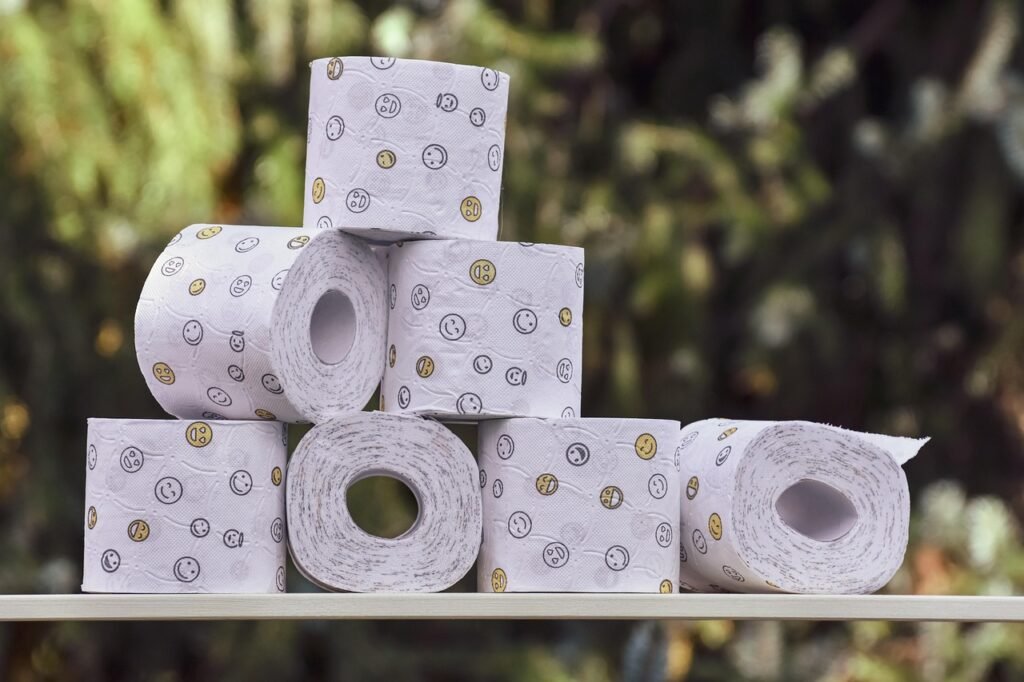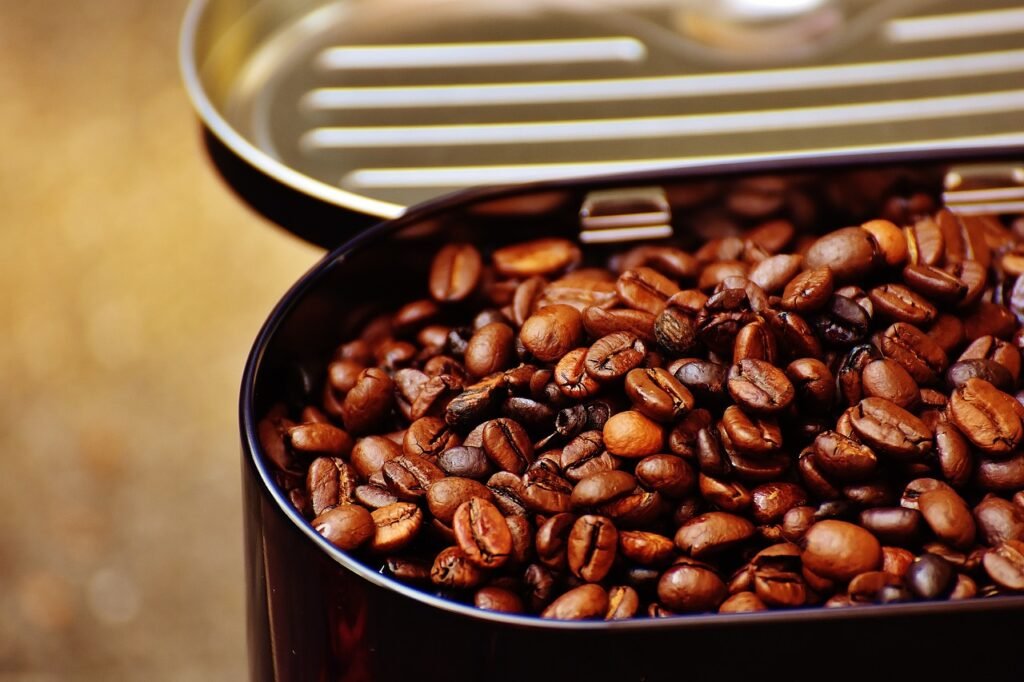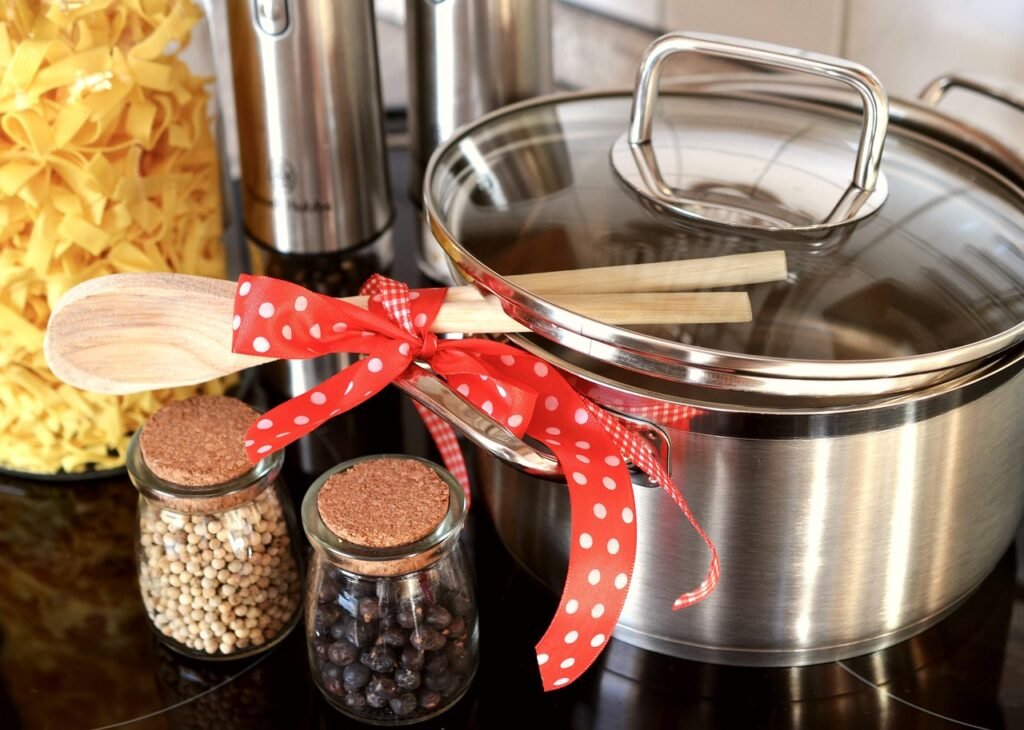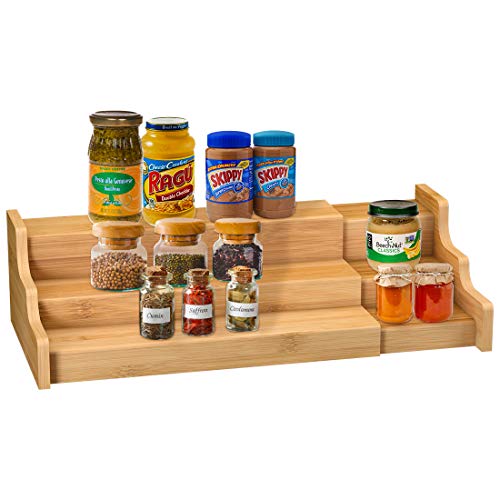Buying in bulk can be a total game-changer for families trying to stretch every dollar. Done right, it’s one of the smartest ways to save money on everyday essentials. But not everything is worth buying in large quantities—and some items can actually waste money if you’re not careful. In this post, we’ll cover 15 things smart families always buy in bulk (and why), along with what to skip, plus practical tips for storage and long-term savings.
Why Buying in Bulk Works
Bulk buying eliminates excess packaging, reduces the number of trips to the store, and often slashes the per-unit cost of everyday items. For larger households or those who plan meals and stock their pantry strategically, this can mean major savings over time.

✅ 15 Things Worth Buying in Bulk
1. Toilet Paper
One of the easiest household staples to buy in bulk. It doesn’t expire, takes up vertical space easily, and saves you from emergency runs to the store.
2. Paper Towels and Napkins
Same deal—non-perishable and used frequently. Buy on sale and store in a linen closet or garage shelf.
3. Dry Pasta and Rice
These pantry staples last a long time and are super versatile for family meals. Store in airtight containers to avoid pests and keep fresh.
4. Canned Goods
Soups, beans, tomatoes, veggies—they all have long shelf lives and are perfect for quick dinners. Just rotate your stock!
5. Frozen Fruits and Vegetables
Buying bulk frozen items means you always have produce ready for smoothies, stir-fries, and side dishes—without waste.
6. Meat (When on Sale)
Buying meat in bulk packs and freezing individual portions saves money and time. Use freezer-safe bags, and label with the date.
7. Oats, Cereal, and Baking Staples
Large bags of oats, flour, sugar, and baking mixes often cost half as much per ounce. Store them in labeled containers with scoopers.
8. Diapers and Baby Wipes
For parents of little ones, buying these in bulk is a no-brainer. Just make sure you’re buying the right size and not overstocking one stage.
9. Laundry Detergent and Cleaning Supplies
These non-perishable items usually go on sale in bulk sizes and are easy to store on garage or utility shelves.
10. Trash Bags
Buying a huge box of trash bags once every few months saves money and hassle—just tuck them away under the sink or in a pantry.
11. Snacks and School Lunch Items
Think granola bars, crackers, dried fruit, or nuts. Repackage into smaller servings at home to make them last.
12. Cooking Oil and Condiments
If your family uses olive oil, ketchup, or soy sauce regularly, the bulk size is often a better deal. Just check the expiration dates.
13. Spices and Seasonings
For frequently used spices like garlic powder, salt, pepper, or taco seasoning, buy in bulk and refill smaller containers.
14. Coffee and Tea
Bulk bags of coffee grounds or tea bags are much cheaper than buying small boxes—and you’ll never run out midweek.
15. Pet Food and Litter
Pet owners save big by buying large bags or boxes. Just be sure to store them in airtight containers to keep pests out and freshness in.

❌ What NOT to Buy in Bulk
1. Fresh Produce
Unless you have a large family or meal plan obsessively, fresh fruits and vegetables often spoil before you can finish them.
2. Dairy Products
Milk, yogurt, and sour cream can expire quickly, even if they’re a good price. Stick to quantities you can finish in time.
3. Trendy Snacks or Limited-Time Items
They may not get eaten, especially if your kids get bored with them. Try a smaller pack first before stocking up.
4. Cosmetics or Toiletries You Haven’t Tried
Buying 6 bottles of a lotion you end up hating is a waste. Test with a smaller size before committing to bulk.
5. Spices You Rarely Use
Some spices lose their potency over time. Only bulk-buy ones you use regularly.

🧠 Smart Bulk Buying Tips
- Know your prices. Not every “bulk” deal is actually cheaper—compare unit prices!
- Invest in airtight containers. These will preserve freshness and make pantry storage easier.
- Label everything. Especially freezer items and dry goods—include the purchase date.
- Avoid overbuying. Don’t buy just because it’s a deal. If you won’t use it in time, it’s wasted money.
- Use your freezer wisely. Freezer space is golden when you’re buying meat, bread, and fruit in bulk.
🏡 Storage Ideas for Bulk Buys
- Clear bins for pantry dry goods
- Under-the-bed storage totes for extras (like diapers or paper towels)
- Over-the-door organizers for snacks or small items
- Garage shelving or plastic bins for cleaning supplies
- Freezer baskets to keep meat and frozen foods organized
Final Thoughts:
Buying in bulk is one of the smartest strategies frugal families use to save money and reduce waste. But it only works when you buy strategically. Stick with items your family uses consistently, store them properly, and avoid impulse bulk buys. A little planning can lead to big savings.
This free printable pairs perfectly with our blog post on smart bulk buying! Use it as a shopping companion or tape it to your pantry for easy reference.
This post may contain affiliate links, which means we might earn a small commission (at no extra cost to you) if you decide to make a purchase through one of these links. Thanks for your support!







